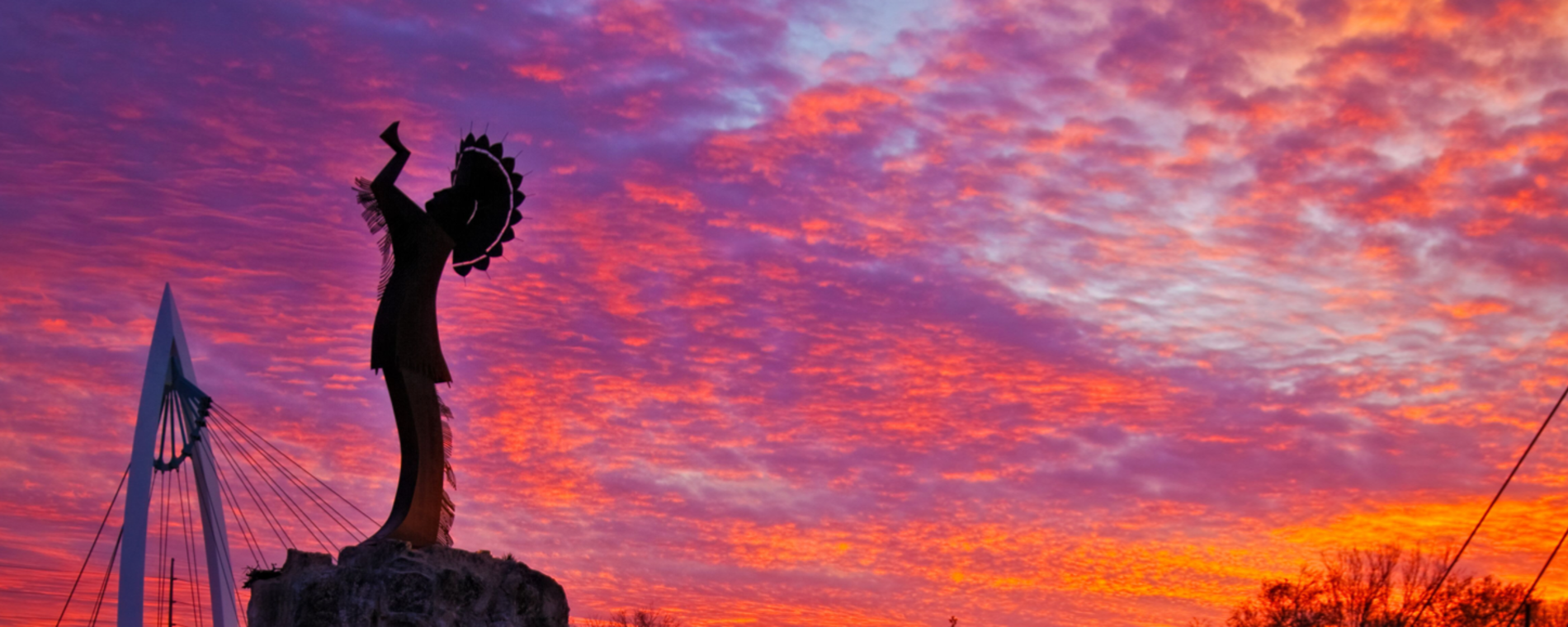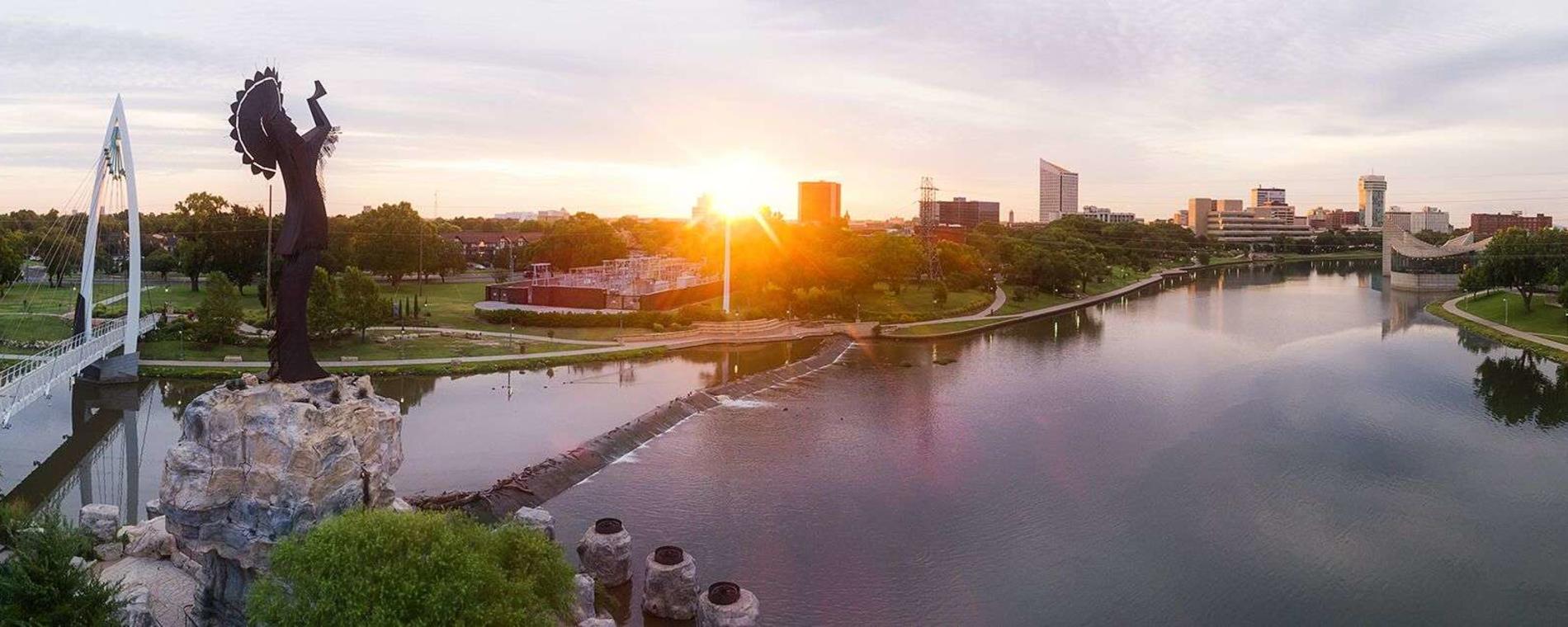Of Scottish-Cherokee blood and known for always telling the truth, Jesse Chisholm left a legacy spanning from Kansas to Texas, with the famous Chisholm Trail. Even though the trail is known for driving millions of head of cattle across the plains, Chisholm spent his life as a trader rather than a cowboy.
Because his mother was Cherokee and father Scottish, Chisholm understood the culture of both the white man and native tribes as he headed west. Building trade relationships with the Wichita, Kiowa, Comanche and Osage, Chisholm was also able to help local government officials develop treaties with nearby Native American tribes.
His reputation as a peacemaker made him the perfect candidate to act as a liaison between tribes and settlers. He knew more than a dozen native languages and was adopted into several tribes in Oklahoma and Kansas. However, the Comanche people would often take advantage of his kind-heartedness. They knew if they captured children in Texas, they could sell them to Chisholm. If he couldn’t locate their families, he would adopt them himself.
During the Civil War, Chisholm made his way to what is now Wichita, where he opened a trading post and route that traveled down to the Red River in central Texas. At one point during the war, he served the Confederacy as a trader and interpreter. A year later, he worked for the Union side.
The trail became the perfect way to transport goods between states because of the straight roadways and limited steep grades. This same trail once used mostly for goods soon grew into what we recognize today as the Chisholm Trail, but it was not until right before Chisholm’s death the cattle driving began.
Chisholm died on March 4, 1868, of food poisoning after eating buffalo meat cooked in a copper kettle. His gravestone reads, “No one ever left his home cold or hungry,” giving evidence about his long list of good deeds. Some say there is no other man in history as brave or fair as Jesse Chisholm.
Over the next four years after Chisholm’s death, more than 5 million head of cattle traveled north to Kansas. With all the wear and tear, the trail has been carved into the earth and may still be seen in some places along the path today. It has been 150 years since the trail was so busy. Wichita sits as one of the many stops along the trail, rich in the history and culture of the Wild West.
There are several events happening in 2017 to commemorate the 150th anniversary of the Chisholm Trail. You can learn more about Jesse Chisholm and his role in its creation here.







